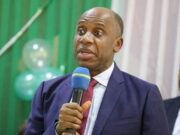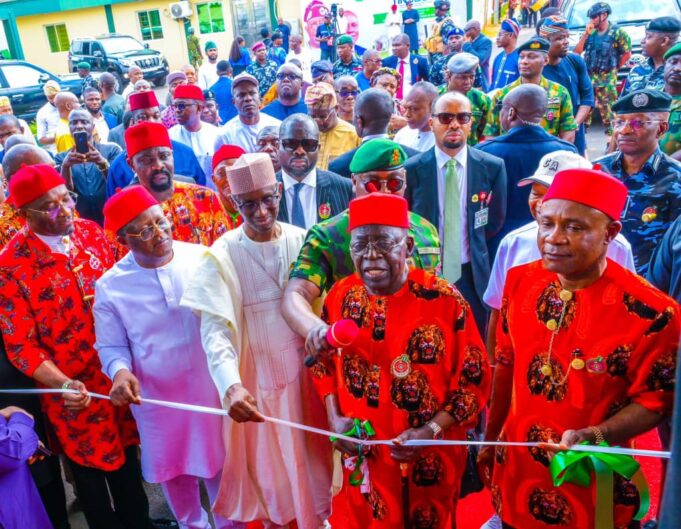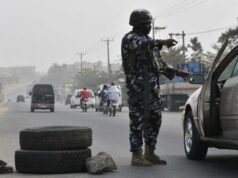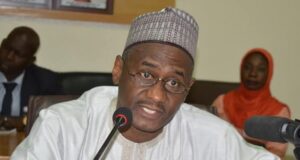Despite ongoing security challenges in the southeast, including the weekly Monday sit-at-home, Igbo leaders and stakeholders failed to raise the issue of Nnamdi Kanu’s release at a Town Hall meeting with President Bola Tinubu over the weekend.
The meeting, which many expected to provide an opportunity to address Kanu’s continued detention, saw no mention of the leader of the Indigenous People of Biafra (IPOB) and his incarceration.
This silence is at odds with the expectations of many in Igbo land, who hoped that the event would allow for a public statement on Kanu’s situation.
Numerous Igbo leaders believe that the release of Kanu, who has been detained since 2021, is crucial to restoring security and peace in the region.
While many have personally visited him in detention, others have independently appealed to President Tinubu for his release.
Just a day after assuming office as the President General of Ohanaeze Ndigbo two weeks ago, Nze Fidelis Ozichukwu had urged Tinubu to release Kanu in order to end insecurity in the South-East.
Additionally, during the last meeting of the South-East Governors Forum in Enugu late last year, a resolution was made to meet with President Tinubu to advocate for Kanu’s release.
However, during the town hall event attended by governors, political leaders, traditional rulers, and Christian leaders in Enugu, no mention was made of Kanu’s imprisonment or its effects on the region.
The town hall coincided with President Tinubu’s one-day working visit to Enugu State, where he inaugurated projects executed by Governor Peter Mbah’s administration.
The event was attended by several prominent Igbo figures, including Abia State Governor Alex Otti, Deputy Speaker of the House of Representatives Benjamin Kanu, Senators, Minister of Works Dave Umahi, and Obi of Onitsha, Nnaemeka Achebe.
In his speech, former Minister of Power Prof. Chinedu Nebo praised the Tinubu administration for completing the Port Harcourt to Aba section of the Eastern rail line.
He urged the President to prioritise completing the remaining portions of the rail link, highlighting its potential to boost Nigeria’s non-oil exports and overall economic growth.
Enugu indigene Chris Ugoh also spoke, emphasizing the potential of the Anambra River Basin for power generation and industrial feedstocks.
He called on the federal government to develop this resource to benefit the South-East and other regions, including the Middle Belt and the North.
On the security front, Onyemuche Nnamani, National Commissioner representing the South-East in the Police Service Commission, recommended that the federal government adopt modern security strategies for the region.
He pointed to the successful statewide CCTV system and patrol cars with surveillance cameras in Enugu State. Nnamani also urged the de-emphasis of checkpoints and roadblocks, stating, “It is inefficient and exposes our security personnel to attacks by non-state actors.”

















